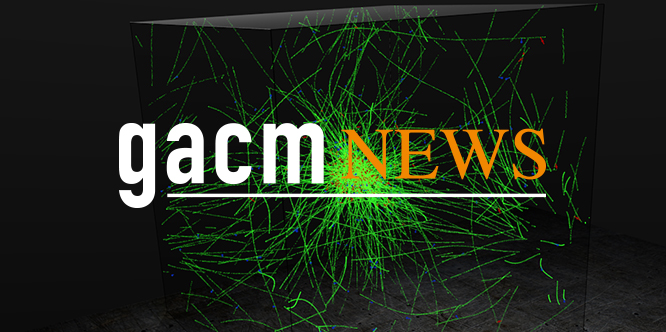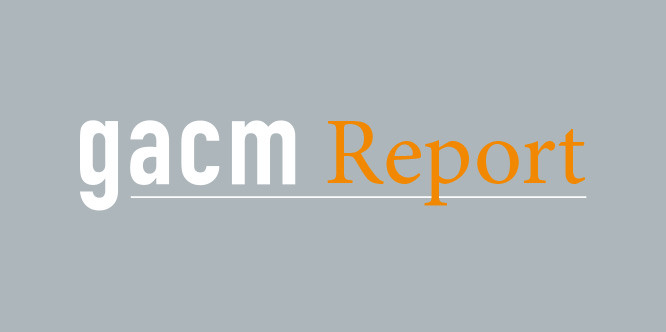- GACM
- Activities
- Membership
- Job Database
- Contact
- Members Area
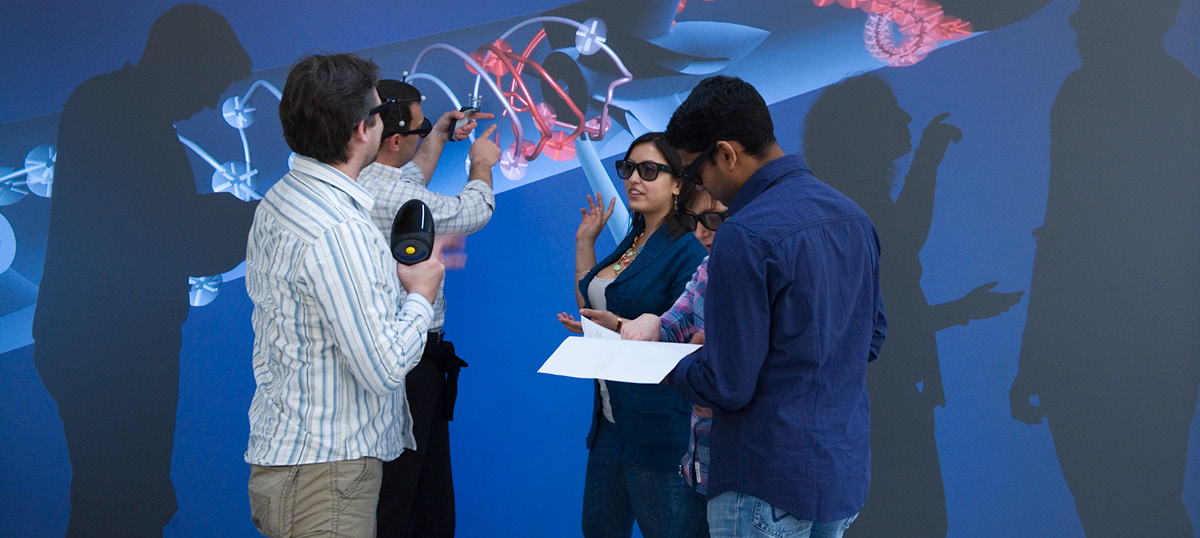
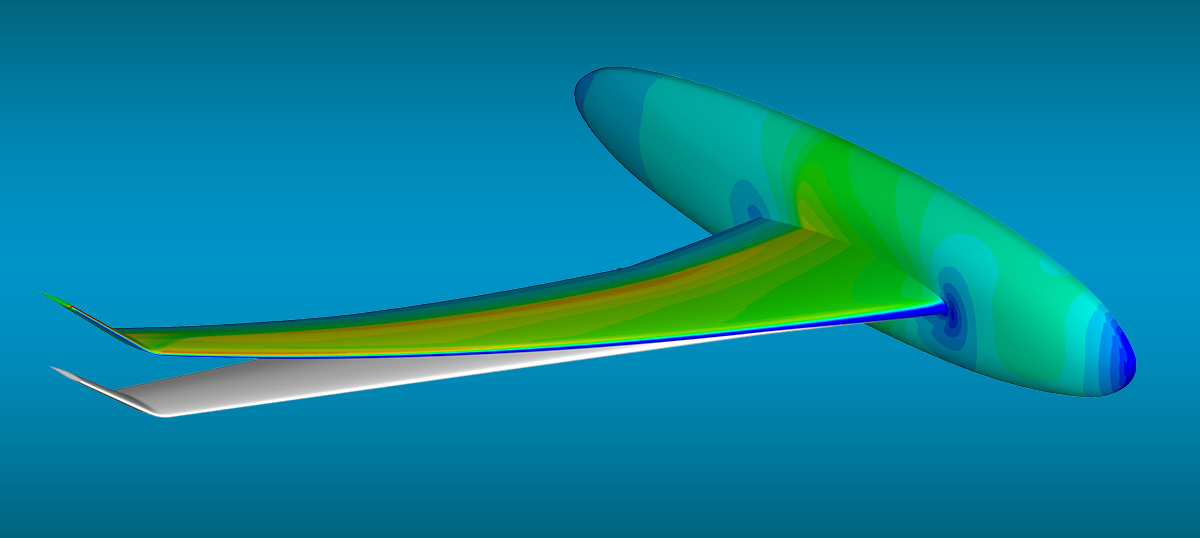
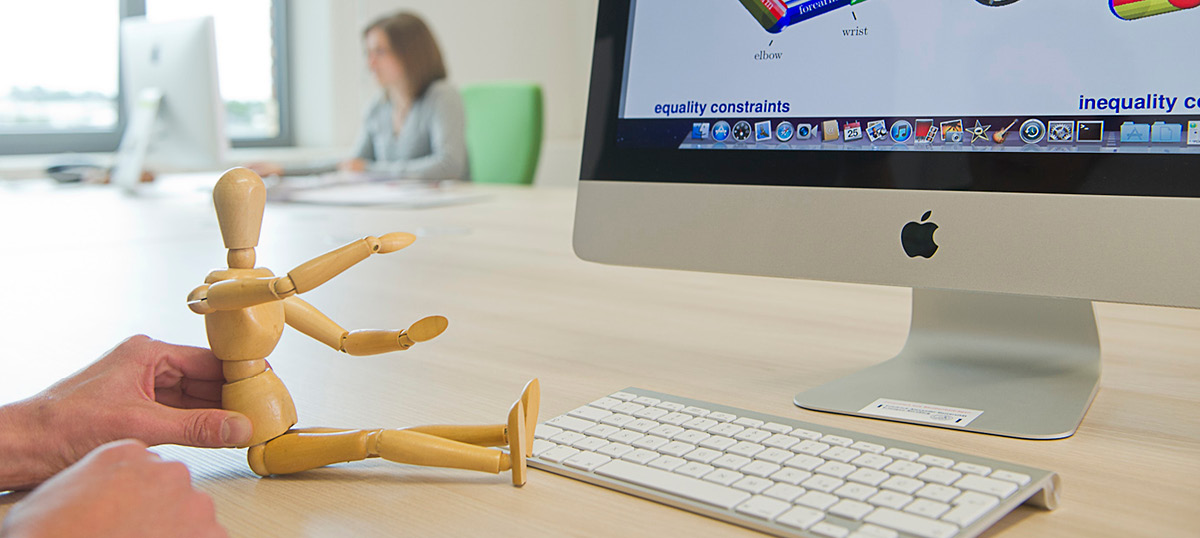
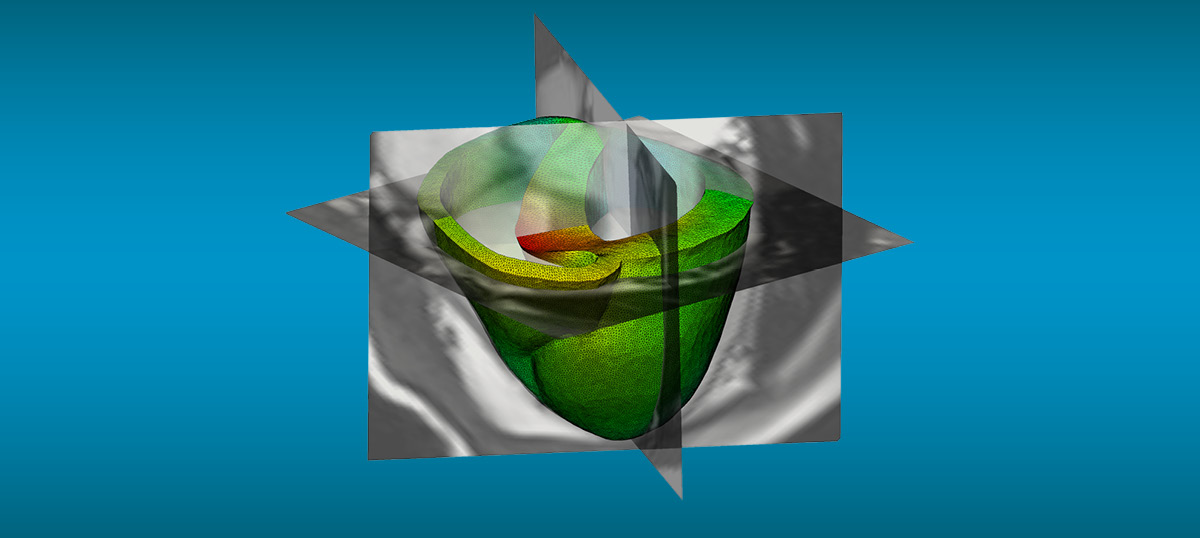
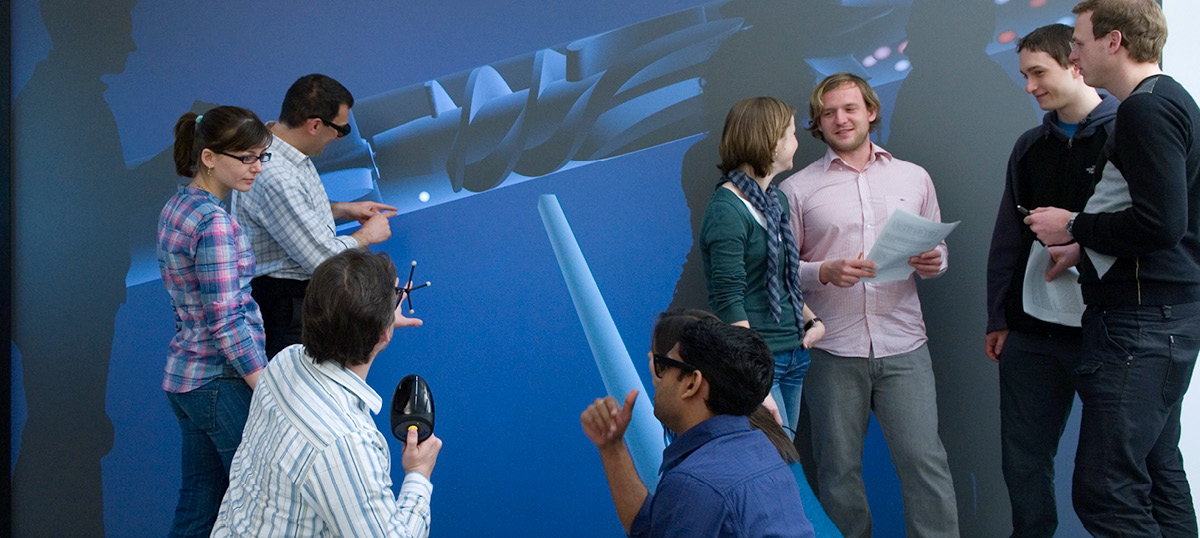
Promoting education, research, and industrial practice
The German Association for Computational Mechanics
The German Association for Computational Mechanics (GACM) is a non-governmental association. The objective of GACM is to stimulate and promote education, research and practice in computational mechanics and computational methods in applied sciences, to foster the interchange of ideas among various fields contributing to computational mechanics, and to provide forums and meetings for the dissemination of knowledge about computational mechanics in Germany.
GACM has individual and corporate members as well as affiliated educational programs. GACM is affiliated to the International Association for Computational Mechanics (IACM) as a national branch. Among others it is also affiliated to all other national and regional organizations affiliated to IACM as well as to the European Community on Computational Methods in Applied Sciences (ECCOMAS).
Computational Mechanics and GACM
Modeling and simulation of mechanical phenomena have a long tradition in engineering science and practice. However, since the advent of modern computational methods and devices enormous advances in this field can be recognized. Today, theories of mechanics of solids and fluids, heat transfer, electromagnetism, particle physics and other scientific disciplines are implemented through computational methods in engineering design and manufacturing. The discipline of applied science and engineering which is devoted to the study of physical phenomena by means of computational methods, such as modeling and mathematical simulation, is called Computational Mechanics. It has emerged as a key area of research, education and application throughout the world.
While Computational Solid and Structural Mechanics (CSM) and Computational Fluid Dynamics (CFD) are the core of the discipline the scope has been extended more and more into neighbored fields like computational physics and chemistry. In particular, the interaction among these fields, also addressed as multiphysics, like fluid-structure interaction, piezoelectricity, coupled thermodynamics, environmental sciences with coupling of physical and chemical phenomena gain more and more relevance in this area.
From its definition it is apparent that computational mechanics play a key role in all kinds of engineering disciplines, in science as well as in practice. This holds for the classical fields like civil, mechanical, aerospace and chemical engineering, but also for environmental engineering, material science or applied physics, to mention only a few. Its basic and overlapping character makes it in particular appealing to bring people together from different disciplines, but also from academia and practice. Consequently, traditional borders have been torn down in the daily work, on related conferences, and even in educational programs.
The increasing impact of computational mechanics within the engineering community has let to the foundation of the International Association for Computational Mechanics (IACM) in 1981, which shortly thereafter has been acknowledged as the leading organization in the field and has been in the meantime affiliated to other related organizations. Over the years several national branches have been established as independent national or regional organizations with their own local activities and constitutions, but strongly cooperating with IACM. In 1990 the German Association for Computational Mechanics (GACM) has been founded. It is a non profit and non governmental organization. In the meantime 20 national or regional organizations are affiliated to IACM.
The objective of the German branch GACM shall be to promote, foster, organize and coordinate various activities concerning computational mechanics in Germany and to represent German interests in computational mechanics as an affiliate of the International Association for Computational Mechanics (IACM). GACM shall serve as a formal vehicle for overseeing and coordinating conferences, colloquia, symposia and other technical meetings, and it shall promote research, commercial and academic activities in the area of computational mechanics within Germany. The association shall closely cooperate with IACM. In particular, it shall provide the German representation in the organization, planning and hosting of international IACM congresses.

